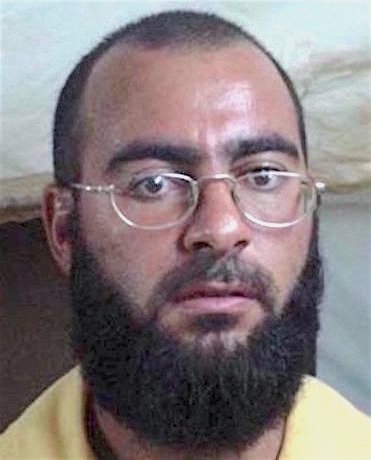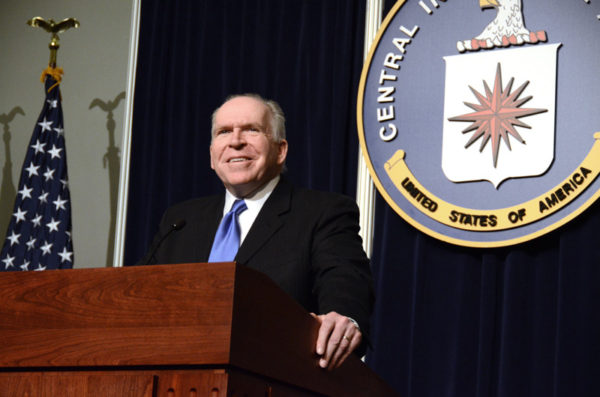Islamic State, the jihadist organization whose fighters are under currently siege in the Iraqi and Syrian cities of Mosul and Raqqa, has repeatedly broken international norms and conventions since it established a caliphate in 2014.
IS has imposed a reign of terror on captive populations, harassed and persecuted Christian and Yazidi minorities and plundered priceless archeological sites.
And in one of its most odious crimes, IS has deployed chemical weapons.

Like Syrian President Bashar al-Assad, IS leader Abu Bakr al-Baghdadi has no qualms about using internationally-banned poisonous gas on the battlefield. To IS, nothing is sacred.
As The Los Angeles Times reported recently, IS forces launched a chlorine-laced rocket at Iraqi soldiers in Mosul on April 4, the day a Syrian government jet unleashed the deadly nerve agent sarin on the town of Khan Sheikhoun, killing 87 people.
The IS attack in Mosul, which injured several Iraqi troops, was far less serious than the Syrian atrocity in Khan Sheikhoun. But the common thread in both assaults was the willingness of both parties to flout the rules of war.
The incident in Mosul was hardly an isolated one.
Last October, in northern Iraq, IS fired mortars filled with sulphur mustard at Kurdish fighters, according to the Organization for the Prohibition of Chemical Weapons. A little more than a month ago, about a dozen civilians in the eastern half of Mosul were treated for injuries consistent with exposure to nerve gas. Their symptoms ran the gamut from respiratory problems to eye irritation.
According to a report issued last November by the IHS Conflict Monitor, an intelligence collection and analysis service based in London, IS has resorted to using chemical weapons 52 times in Syria and Iraq, both of which have been overun by the jihadists.

Chillingly enough, IS has the technical capability to manufacture small quantities of chlorine and mustard gas, says the former director of the U.S. Central Intelligence Agency, John Brennan. His assertion is confirmed by Daryl Kimball, the executive director of the Arms Control Association in Washington, D.C. However, he adds, IS lacks the capability to make sarin, the deadliest of chemical agents, the gas the Syrian regime used earlier in Khan Sheikhoun.
IS, having lost a chunk of territory in the past year, is in a defensive mode now. Which is why this may be a particularly dangerous moment in the difficult battle to eradicate this fanatical group. Backed up against the wall and fighting for survival, IS will probably deploy chemical weapons yet again in an attempt to stave off defeat.
As we’ve seen already, IS is capable of anything.